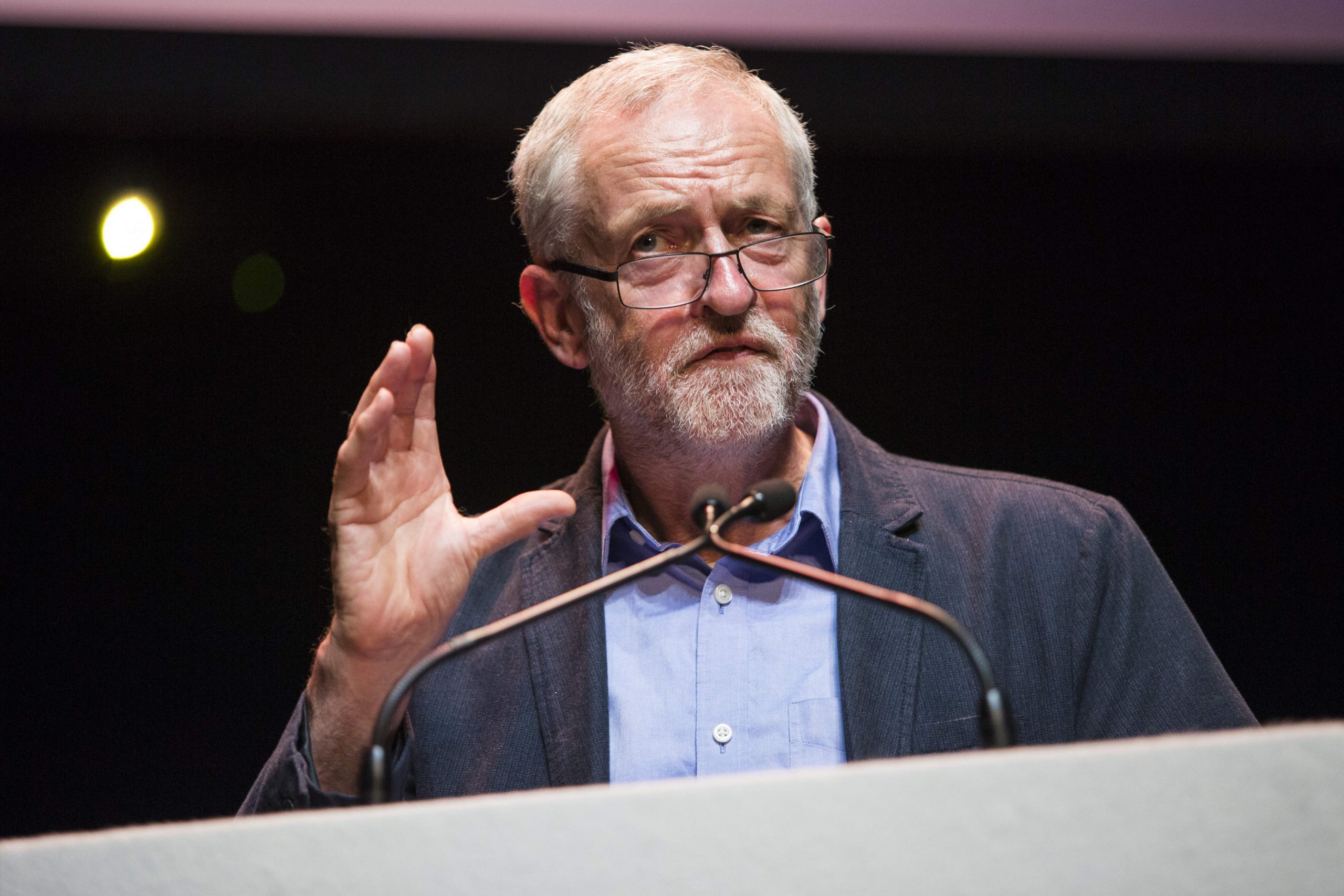
On the day of Theresa May’s coronation as Conservative leader, a Labour MP texted me: “Can you imagine how big the Tory lead will be?!” We need imagine no more. An ICM poll yesterday gave the Tories a 16-point lead over Labour, their biggest since October 2009, while YouGov put them 12 ahead. The latter showed that 2.7 million people who voted for the opposition in 2015 believe that Theresa May would make a better prime minister than Jeremy Corbyn (she leads among all voters by 52-18).
One might expect these subterranean ratings to reduce Corbyn’s chances of victory in the Labour leadership contest. But any effect is likely to be negligible. Corbyn was not elected last summer because members regarded him as best-placed to win a general election (polling showed Andy Burnham ahead on that front) but because his views aligned with theirs on austerity, immigration and foreign policy. Some explicitly stated that they regarded the next election as lost in advance and thought it better to devote themselves to the long-term task of movement building (a sentiment that current polling will only encourage). Their backing for Corbyn was not conditional on improved performance among the public. The surge in party membership from 200,000 last year to 515,000 is far more worthy of note.
To the extent to which electoral considerations influence their judgement, Corbyn’s supporters do not blame the Labour leader for his party’s parlous position. He inherited an outfit that had lost two general elections, neither on a hard-left policy platform. From the start, Corbyn has been opposed by the majority of Labour MPs; the latest polls follow 81 per cent voting no confidence in him. It is this disunity, rather than Corbyn’s leadership, that many members regard as the cause of the party’s malady. Alongside this, data is cherry picked in order to paint a more rosy picture. It was widely claimed yesterday that Labour was polling level with the Tories until the challenge against Corbyn. In reality, the party has trailed by an average of eight points this year, only matching he Conservatives in a sole Survation survey.
But it is Labour’s disunity, rather than Corbyn, that most members hold responsible. MPs contend that division is necessary to ensure the selection of a more electable figure. The problem for them is that members believe they would do little, if any, better. A YouGov poll published on 19 July found that just 8 per cent believed Smith was “likely to lead Labour to victory at the next general election”, compared to 24 per cent for Corbyn.
The former shadow work and pensions secretary hopes to eradicate this gap as the campaign progresses. He has made the claim that he combines Corbyn’s radicalism with superior electability his defining offer. But as Burnham’s fate showed, being seen as a winner is no guarantee of success. Despite his insistence to the contrary, many fear that Smith would too willingly trade principle for power. As YouGov’s Marcus Roberts told me: “One of the big reasons candidates like Tessa Jowell and Andy Burnham struggled last summer was that they put too much emphasis on winning. When you say ‘winning’ to the PLP they think of landslides. But when you say ‘winning’ to today’s membership they often think it implies some kind of moral compromise.” When Corbyn supporters hear the words “Labour government” many think first of the Iraq war, top-up fees and privatisation, rather than the minimum wage, tax credits and public sector investment.
It was the overwhelming desire for a break with the politics of New Labour that delivered Corbyn victory. It is the fear of its return that ensures his survival. The hitherto low-profile Smith was swiftly framed by his opponents as a Big Pharma lobbyist (he was formerly Pfizer’s head of policy) and an NHS privatiser (he suggested in 2006 that firms could provide “valuable services”). His decision to make Trident renewal and patriotism dividing lines with Corbyn are unlikely to help him overcome this disadvantage (though he belatedly unveiled 20 left-wing policies this morning).
Short of Corbyn dramatically reneging on his life-long stances, it is hard to conceive of circumstances in which the current Labour selectorate would turn against him. For this reason, if you want to predict the outcome, the polls are not the place to look.




